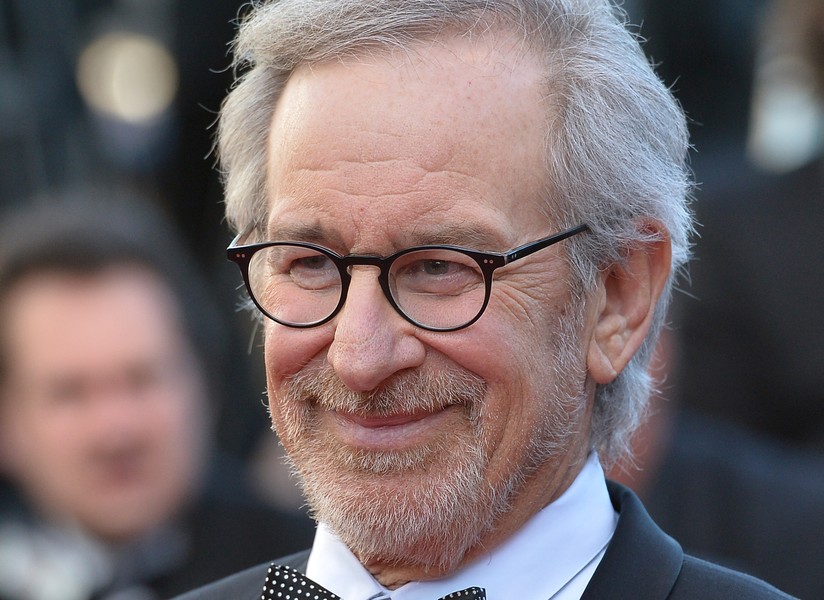Spielberg’s Crusade Against Netflix
Many modern film critics find Spielberg’s proposal to ban streaming service films from the Oscars hypocritical and unfair. (Courtesy of Flickr)
By Edward Sheehan
Recently, Steven Spielberg, director of “Jaws,” “Indiana Jones,” “Schindler’s List,” “Saving Private Ryan” and many more, expressed his desire to impose new restrictions on the Academy Awards that would prevent streaming services from entering their films into the race.
This isn’t the first time Spielberg has bashed streaming services; he has been very vocal over the years in his belief that Netflix is killing traditional, theater-based movie viewing. But this time around there has been some degree of furor over Spielberg’s statements.
I think it is unfair to dismiss Spielberg as a hypocrite, as some of his critics have done. However, I also think Spielberg is overlooking the recent shift in how we consume entertainment.
In Spielberg’s defense, a lot of the criticism against him has been unfair and mostly incorrect.
First, many outlets have given the impression that Spielberg is leading this campaign. In actuality, Spielberg has simply picked a side in an existing battle between Netflix (and other streaming services) and “traditional Hollywood” (one that arguably denied the film “Roma” the Best Picture award at the most recent Oscars).
To the shock of no one, the man picked the system that made him into one of the most beloved directors currently working. Additionally, a narrative has arisen from some progressive-minded outlets, aided by Netflix themselves, that the service has made a point to promote content for and by those marginalized by Hollywood.
Netflix is a corporation, not a social cause. But, Spielberg’s analysis is still pretty seriously flawed, clouded by nostalgia both personal and professional.
The fact is, since the beginning of cinema and the record, only a little over a century ago, the way we receive our entertainment has drastically shifted on several occasions. The advent of the radio, movies with sound, the television, home video and cable TV all made the landscape significantly different from the way it had been just a generation before. And the rise of streaming is just another instance of that.
The current business structure of the industry has made it difficult for passion projects of Spielberg, like the 2012 film “Lincoln,” to be made. Nevertheless, to act as though streaming services are destroying film as we know it is not fair.
In a world where huge action epics and existing intellectual properties are dominating the industry, Netflix and its counterpoints have given a home to more mid-budget films. Spielberg makes his films for the theater, and that’s wonderful for him.
But I believe it’s unjust of him to try to keep a newer form of the medium away from industry recognition.
After all, Spielberg rose by breaking the bonds of what had been old Hollywood when he was young, and made some of the most beloved movies of our time.
It would be wrong for him to deny the next generation the same opportunity.
Edward Sheehan, FCRH ’22, is a history major from Needham, Massachusetts.








































































































































































































